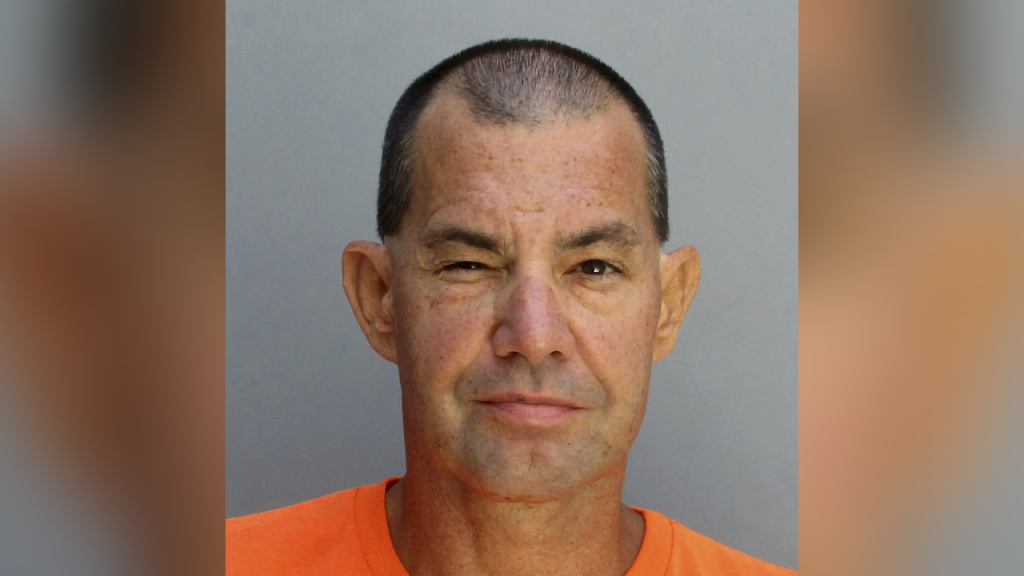The state of Arizona is facing a request from death row inmate Aaron Brian Gunches to expedite his execution, which is scheduled for the murder of his girlfriend’s ex-husband in 2002. Gunches, who is representing himself, has asked the state Supreme Court to skip legal formalities and schedule his execution for mid-February. His plea comes after a two-year pause in executions in Arizona to review procedures. Gunches has stated that his death sentence is long overdue and believes the state is prolonging the process unnecessarily.
The Democrat Attorney General Kris Mayes’ office, which is pursuing Gunches’ execution, has explained that setting a briefing schedule is necessary to ensure that corrections officials meet execution requirements, including testing for the pentobarbital that will be used for the lethal injection. Despite Gunches’ request for an earlier execution date, the legal process requires that certain steps be followed to ensure compliance with all regulations. Gunches had previously requested his execution warrant be issued in order for justice to be served and for the victim’s family to receive closure.
Gunches’ execution had been scheduled for April 2023 before Governor Katie Hobbs’ office announced that the state was not prepared to carry out the death penalty due to a lack of staff with the expertise to perform executions. Governor Hobbs had pledged not to carry out any death sentences until the state could do so without violating any laws. A review was initiated by Hobbs to address these concerns, but it ultimately ended in November when the appointed federal magistrate judge was dismissed. Arizona has 111 inmates on death row, but had not carried out any death sentences since 2022, when three inmates were executed after an eight-year pause.
The state of Arizona had faced criticism for delays in carrying out lethal injections, with one execution in 2014 being botched, and difficulties in obtaining the necessary drugs. This delay led to a nearly eight-year pause in executions, highlighting the challenges that the state faces in implementing the death penalty. Governor Hobbs’ decision to halt executions until conditions were deemed appropriate for carrying out death sentences reflects the complexities of executing individuals on death row in a manner that is both legal and ethical. The legal process surrounding executions, including briefing schedules and testing requirements, underscores the importance of adhering to established procedures.
In conclusion, the case of Aaron Brian Gunches in Arizona highlights the challenges and complexities of carrying out executions in a manner that is both lawful and humane. Gunches’ request for an earlier execution date underscores the urgency and gravity of his situation, as he believes his death sentence is long overdue. The legal process surrounding executions, including the need for briefing schedules and compliance with testing requirements, reflects the need for adherence to established procedures to ensure that executions are carried out in a manner that upholds the rule of law. Arizona’s history of delays and challenges in carrying out executions underscores the importance of addressing these issues to ensure that justice is served in a manner that respects the rights of all parties involved.













